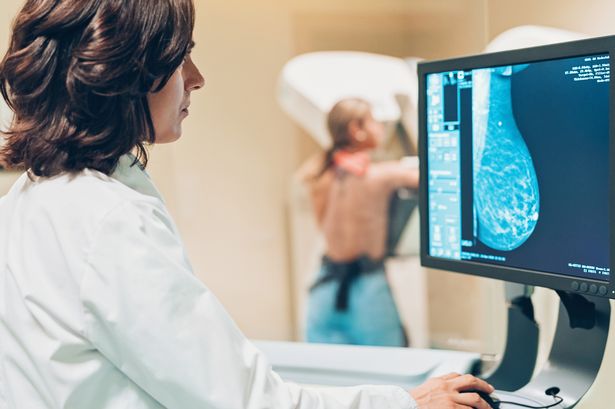The National Health Service (NHS) in England has released encouraging data showcasing significant progress in early cancer diagnosis. An analysis of 13 prevalent cancers, including breast, prostate, lung, bowel, and melanoma, reveals that nearly three in five patients are now diagnosed at stages one or two. This marks a substantial improvement compared to a decade ago, highlighting the impact of increased awareness, improved diagnostic tools, and streamlined referral pathways. Early diagnosis is pivotal in cancer treatment as it significantly increases the likelihood of successful treatment and long-term survival. Catch rates at stages one and two are crucial indicators of a well-functioning cancer care system and demonstrate the effectiveness of national screening programs and public health campaigns aimed at promoting early symptom recognition.
The increased proportion of early-stage diagnoses signifies a positive shift towards proactive cancer management. Earlier interventions, such as surgery, chemotherapy, or radiotherapy, are often more effective when the disease is localized and hasn’t spread to other parts of the body. This translates to improved patient outcomes, reduced morbidity, and a better quality of life for those affected. The data also underscore the importance of continued investment in cancer research, early detection technologies, and public awareness campaigns. Targeted initiatives focusing on specific cancer types and demographic groups, particularly those traditionally underserved, can further enhance early diagnosis rates and contribute to reducing health disparities.
The breakdown of the NHS data provides a more nuanced understanding of the progress achieved in various cancers. While some cancers have seen dramatic improvements in early detection rates, others still present challenges. Analyzing the specific successes and ongoing challenges for each cancer type allows for a more targeted approach to future interventions. For example, understanding the factors contributing to higher early diagnosis rates in breast cancer can inform strategies for other cancers. Conversely, examining the challenges faced in diagnosing lung cancer at early stages can help identify areas requiring further research and resource allocation. This data-driven approach allows for the development of tailored strategies that address the specific needs of each cancer type and maximize the impact of interventions.
The success in early cancer diagnosis is not solely attributable to advancements in medical technology and screening programs. Public awareness campaigns play a crucial role in educating the public about the importance of early detection and encouraging individuals to seek medical attention when experiencing potential cancer symptoms. These campaigns empower individuals to take proactive steps in managing their health and contribute to a culture of early detection. Furthermore, the improved training and awareness among healthcare professionals contribute to quicker referrals and faster diagnosis times. A well-informed public coupled with a vigilant healthcare system creates a synergistic effect that significantly improves early diagnosis rates and ultimately patient outcomes.
Despite the significant progress, the NHS data also reveals areas needing further improvement. Not all cancers are seeing equal progress in early diagnosis, and some demographic groups continue to experience disparities in access to timely diagnosis and treatment. Addressing these inequalities requires targeted interventions and addressing the underlying social determinants of health that contribute to these disparities. Focusing on underserved communities, improving access to screening programs, and culturally sensitive public health campaigns can help bridge the gap and ensure equitable access to early diagnosis and treatment for all. Continued monitoring and evaluation of these initiatives are crucial to ensure their effectiveness and adapt strategies as needed.
Looking ahead, maintaining this positive trend in early cancer diagnosis requires sustained efforts and strategic investments. Continued research into innovative diagnostic technologies, refinement of existing screening programs, and ongoing public awareness campaigns are essential. Furthermore, fostering a strong primary care system equipped to identify and refer suspected cancer cases promptly plays a vital role in ensuring timely diagnosis and access to specialist care. By building on the current progress and addressing the remaining challenges, the NHS can continue to improve early cancer diagnosis rates, ultimately leading to better patient outcomes, reduced cancer mortality, and enhanced quality of life for individuals affected by cancer. This requires a collaborative effort involving healthcare professionals, researchers, policymakers, and the public to collectively strive for a future where cancer is detected and treated as early as possible.














